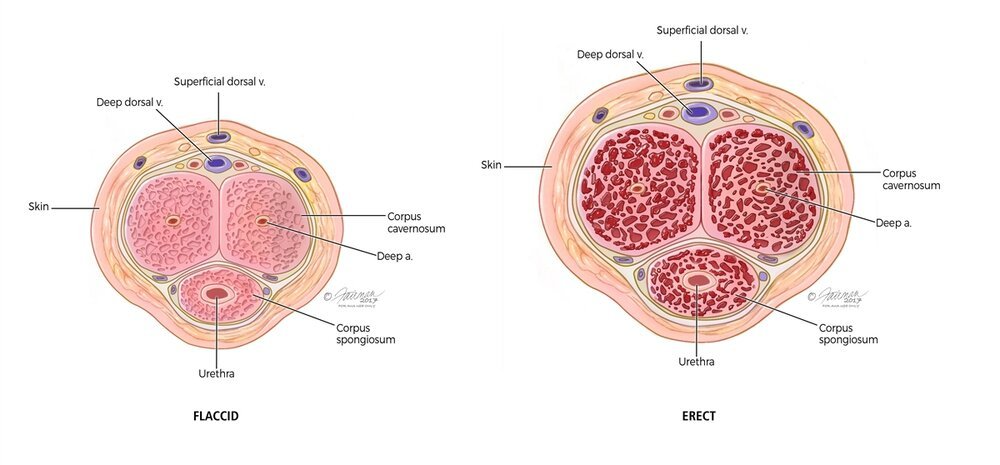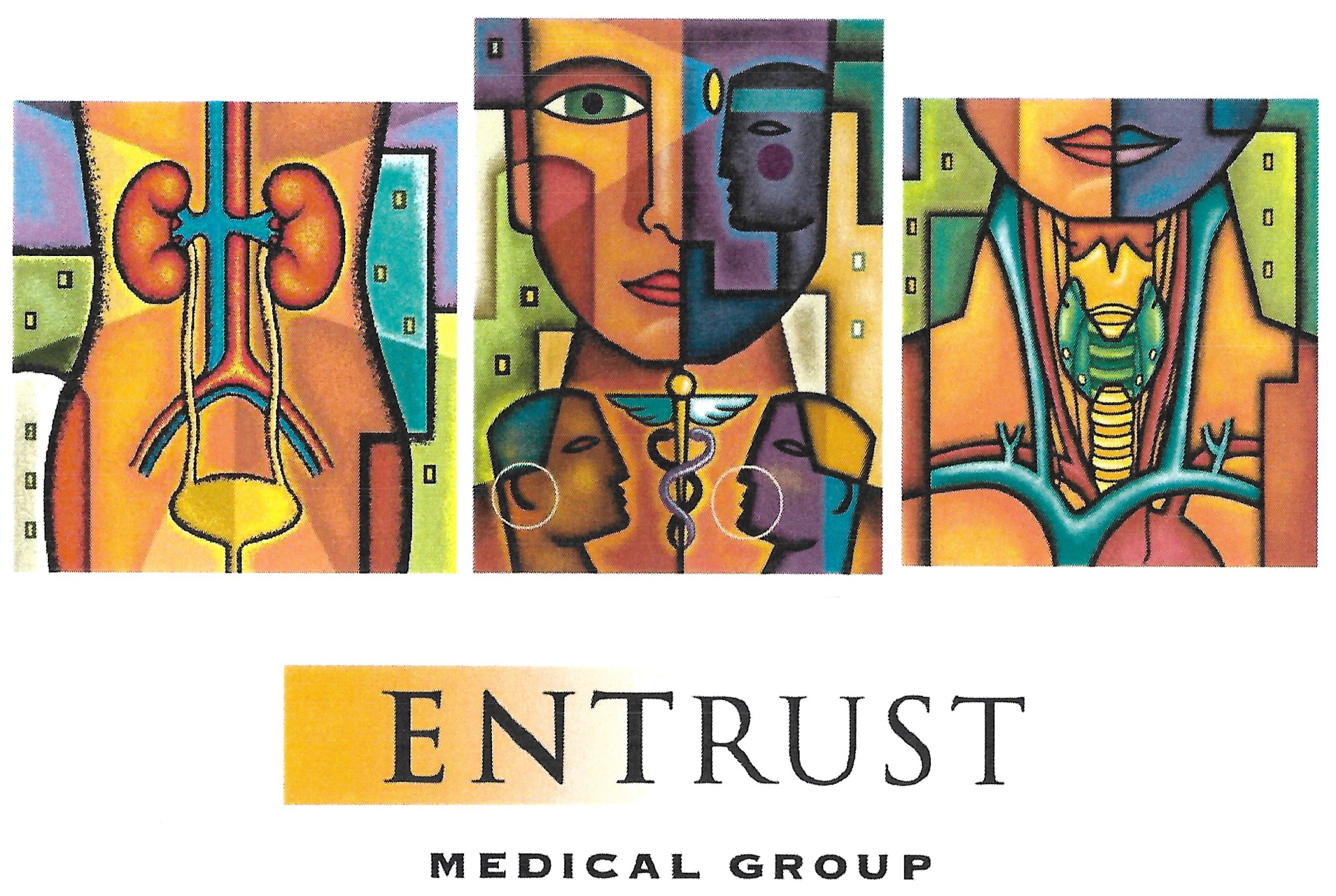Erectile Dysfunction
ERECTILE DYSFUNCTION
Erectile dysfunction, or ED, is the most common sex problem that men report to their doctor. It affects as many as 30 million men. ED is defined as trouble getting or keeping an erection that's firm enough for sex.
Though it's not rare for a man to have some problems with erections from time to time, ED that is progressive or happens routinely with sex is not normal, and it should be treated.
ED can happen:
- Most often when blood flow in the penis is limited or nerves are harmed
- With stress or emotional reasons
- As an early warning of a more serious illness, like: atherosclerosis (hardening or blocked arteries), heart disease, high blood pressure or high blood sugar from Diabetes
Finding the cause(s) of your ED will help treat the problem and help with your overall well-being. As a rule, what's good for your heart health is good for your sex health.

How Erections Work
During sexual arousal, nerves release chemicals that increase blood flow into the penis. Blood flows into two erection chambers in the penis, made of spongy muscle tissue (the corpus cavernosum). The corpus cavernosum chambers are not hollow. During erection, the spongy tissues relax and trap blood. The blood pressure in the chambers makes the penis firm, causing an erection. When a man has an orgasm, a second set of nerve signals reach the penis and cause the muscular tissues in the penis to contract and blood is released back into a man's circulation and the erection comes down.When you are not sexually aroused, the penis is soft and limp. Men may notice that the size of the penis varies with warmth, cold or worry; this is normal and reflects the balance of blood coming into and leaving the penis.
SYMPTOMS
With Erectile Dysfunction (ED), it is hard to get or keep an erection that is firm enough for sex. When ED becomes a routine and bothersome problem, your primary care provider or a Urologist can help.
ED may be a major warning sign of cardiovascular disease indicating blockages are building in a man's vascular system. Some studies have shown men with ED are at significant risk of getting a heart attack, stroke or circulatory problems in the legs. ED also causes:
- Low self-esteem
- Depression
- Distress for the man and his partner
If ED is affecting a man's well-being or his relationships, it should be treated. Treatment aims to fix or enhance erectile function, help circulatory health and help the quality of a man's life.
CAUSES
ED can result from health problems, emotional issues, or from both. Some known risk factors are:
- Being over age 50
- Having high blood sugar (Diabetes)
- Having high blood pressure
- Having cardiovascular disease
- Having high cholesterol
- Smoking
- Using drugs or drinking too much alcohol
- Being obese
- Lacking exercise
Even though ED becomes more common as men age, growing old is not always going to cause ED. Some men stay sexually functional into their 80s. ED can be an early sign of a more serious health problem. Finding and treating the reason for ED is a vital first step.
LEARN MORE

